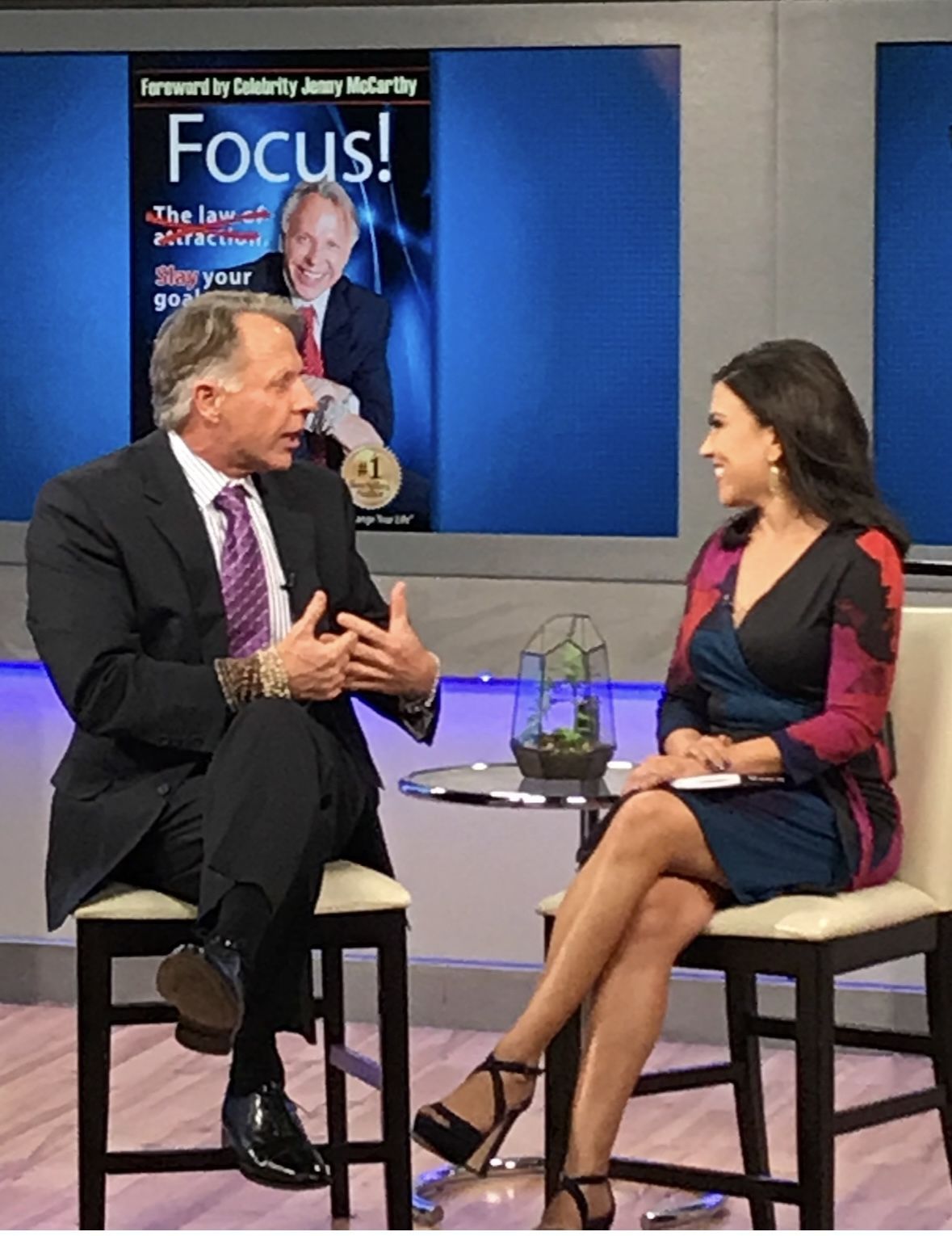Couples and Arguing?
For Couples: How to Shortcut your Arguing to Find Greater Love and Peace.
It’s natural, at times, to not be in agreement with your partner… Which could lead to arguments, frustration, resentments, and more.
Remembering that we are not perfect human beings is an important part of any and all relationships, in order to give our partner a break from time to time when they’re not perfectly acting, speaking, or doing what we would like them to do.
Or maybe there is a complete disconnect in beliefs systems whether it’s about politics, religion, addictions, or more… We may have a totally different belief system than our partner which can create disagreements and arguments as well.
There can be resentments from the past that have never been cleaned up, and when they’re not cleaned up and our partner “rolls their eyes“, it can be the beginning of World War III!
So how do we diminish the amount of arguing in relationships, the number of arguments, so we can live with more peace and love?
For the past 40 years, as a counselor, number one best-selling author, minister, and more, I have worked with thousands of couples with the same dilemma, the same struggle, and with many of them, it’s been going on for 10, 20, or even 30 years.
Before I give solutions, let me make this one caveat: if you’re in a relationship with extreme addiction and your partner has no interest in healing, or you’re in a relationship with intense emotional and or physical abuse, this may not be a time to try to reconcile, it may be a good time to go into a separation for a period of time to see if you can remove the abuses, and try to return to the same page together.
For the rest of us, let’s take a look at the following steps to decrease arguments, and increase peace and love:
Number One. 80 to 90% of our arguments are an absolute waste of time!
Our small ego gets bruised, our partner doesn’t do something perfectly, and we make sure either directly or through passive-aggressive behavior to let them know we’re unhappy.
Instead, remember the figure above, 80 to 90% of arguments that couples have are totally unnecessary, but we can spiral down into arguing when we have low self-confidence, low self-esteem, and we look at every potential difference as a reason to either isolate or become aggressive.
If we can just remember the statistics, that 80% of what we’re arguing about is probably nonsensical, we would immediately see a decrease in any arguing whatsoever!
Number Two. Resentments from the past, that are unresolved, can lead to arguing in the present and the future.
It’s amazing how many couples I work with who have resentments against their current partner for the past 10, 20, or even 30 years!
When we don’t clean up these resentments, and many times we can do this with the help of a professional we don’t even have to involve our partner, they can arise at any moment, any time, to create once again the argument cycle.
So if you have resentments against your partner for something that happened six weeks ago or 30 years ago, the number one move will be to get with a mental health professional today, to release those resentments so that you can live more in the present moment and not in the past.
Number Three. The 15-minute rule. I ask my clients to consider this: you’re in an argument with your partner, it’s been going on for several minutes, I’ll ask my clients to limit any arguing to 15 minutes and then to take a break.
The break might be 15 minutes long or it might be half an hour, or it might be an hour… But the point is is that we come to an agreement together that if and when we get into an argument we’re going to cut it off at 15 minutes or sooner, then we’re both going to take 15 to 30 minutes to walk away to cool down, and try to come to some form of resolution.
Now at first many times couples will look at me and say “David that’s totally unrealistic. We’re in the middle of a heated battle and you want one of us to be able to disengage? Do you want one of us to be able to stop the arguing and to walk away? That’s just not possible.“
And until they try what I recommend they do, it is impossible. But then once they try it they see that they have more power than they ever imagined in controlling their own emotional response system!
This one exercise falls underneath the therapeutic idea of emotional regulation, which simply means that once we’re in an agitated state, we use our common sense to try to cool down, and one of the easiest ways to do that is a step away for 15 to 30 minutes.
But I also give my clients this guideline, the sentence that should be spoken before you walk away:
“Honey, if we continue to argue like this it’s going to get worse, it could go on for days as it has in the past, and I’d really like to try to find a solution right now.
I love you very much, I’m going for a 30-minute walk to try to clear my head and figure out how we can get back into a loving state.
When I return in 30 minutes, let’s sit down and see if we can’t come to some type of resolution, even if it’s just that we’re going to agree to disagree… I love you and I’ll be back in 30 minutes.“
Do you see how this works? You’re setting a boundary, but you’re also letting your partner know there’s an end to the boundary, that you will be back in 30 minutes, and you’re also letting your partner know that you’re looking for resolution, not to walk away and to come back and keep fighting.
Especially for couples who have been in a long pattern of arguing, this can seem totally out of reach, and it might seem like fantastical thinking, but in reality for the couples who do it their minds are blown, when just over the course of two or three weeks of practicing this modality with arguments, that they see a dramatic decrease happening right in front of their eyes.
It’s absolutely beautiful.
Number Four. Learn how to apologize. Oh my God, so many of my clients have not apologized for anything they’ve done with their partner for years upon years upon years.
Get humble, get vulnerable, get real, learn the art of the apology, and also after the apology make sure you don’t slip back into the pattern that you are apologizing for.
Now, I will admit, that there are 5000 other ways to decrease arguments but these are some of the most powerful steps that I have found in my 40 years of work in the world a personal growth.
If you’d like help, simply reach out to me at www.davidessel.com and we will work together, to come up with a solution that may be identical to what I mentioned above or it might be different for your individual circumstance.
But please remember this: arguments do not have to be an ongoing part of any relationship. We’re not looking for perfection, we’re looking for logic, love, and peace.“
David Essel‘s work is highly endorsed by individuals like the late Wayne Dyer, and celebrity Jenny McCarthy says “David Essel is the new leader of the positive thinking movement.“
His work as a counselor and minister has been verified by so many organizations like Psychology Today, Theravive, Therapy Tribe, and marriage.com has verified David as one of the top counselors and relationship experts in the world.
To work with David one on one from anywhere in the world simply visit www.talkdavid.com








